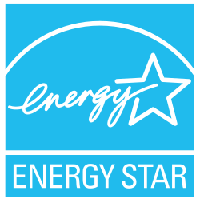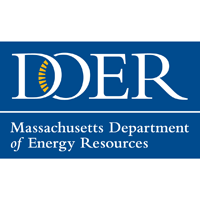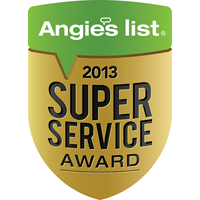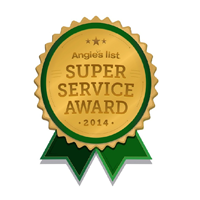
On December 12th of this year, Steven Nadel, the executive director of the ACEEE appeared before the U.S. Senate Finance Committee to propose the ACEEE’s latest plan. This plan is good news for those of you with insulated homes. If your home is not insulated, the solution is quite simple: insulate and receive benefits. The more energy-efficient your home is, the more you will profit from Nadel’s latest plan.
Basically, the plan proposes tax incentives for energy efficient homes and buildings. The ACEEE found that a five-year federal tax credit for energy-efficient products and services would cost the government less than one-tenth the cost of the energy resources saved over a 15-year period. In simple terms, if the government rewards and encourages energy savings, it will save almost 90% of money that would otherwise be spent on the resources being conserved.
The ACEEE believes that one of the best places for a tax credit is energy-efficient homes. Among other options are environmentally friendly commercial buildings, heating and cooling equipment, and combined heat and power systems.
ACEEE performed studies that show that whole house energy-saving actions are the most cost effective. Insulation is the best way to conserve energy throughout your entire home, and it is not a difficult process with Dolphin here to help. In this situation, the philosophy of insulating your home to save money could not be truer.
ACEEE’s research reviewed tax incentives passed by Congress in both 1978 and 2005. They found that the 2005 tax credits were more effective than the earlier ones because they had specific targets. The 1978 credits were small and unspecific. By targeting certain places for these new tax incentives, the savings will increase substantially form those in 1978.
The hearing focused on how the government should use the tax code for encouraging energy efficiency, focusing on this tax reform. Nadel suggested that Congress target specific practices to promote energy conservation for a span of about five years. The plan is for the individual targets to be able to grow even after the tax incentives end.
The passing of this tax incentive would encourage energy conservation in your home. It’s up to you to take the first step and insulate your home. Not only could you receive federal tax credit, you will automatically save both energy and money simply by installing the insulation. The ACEEE hopes that this incentive will spark more energy savings throughout the nation, and it could start in the walls and attic of your own home.















